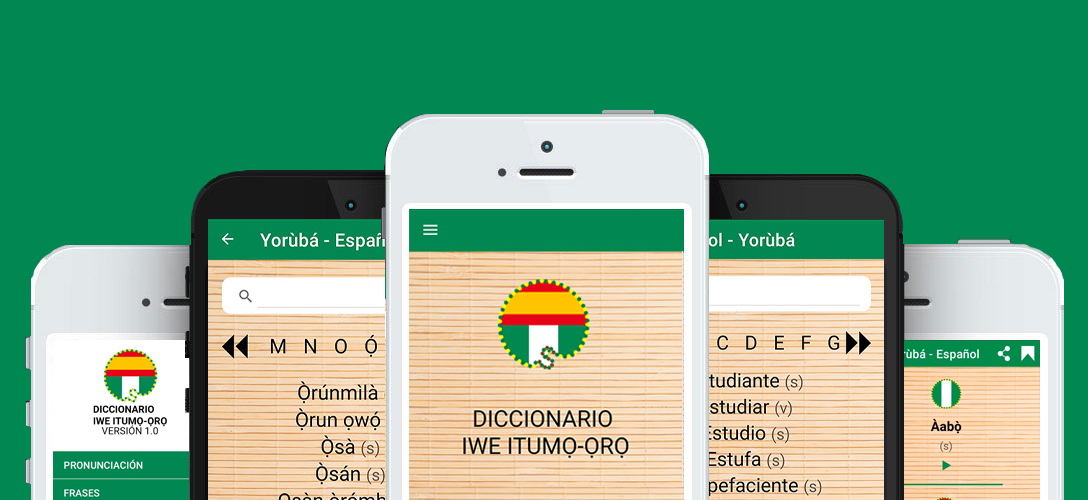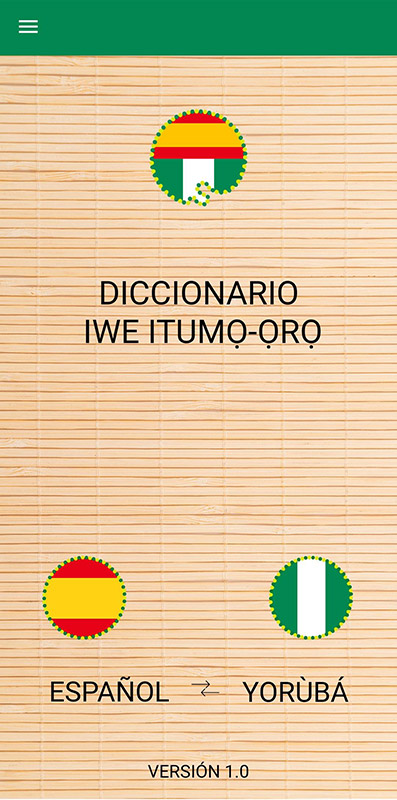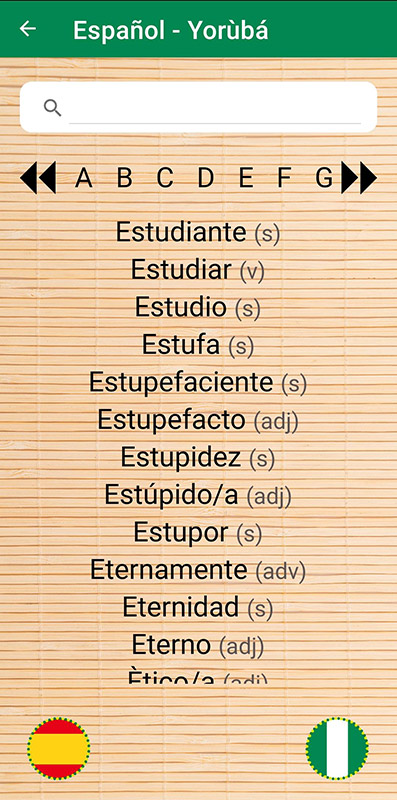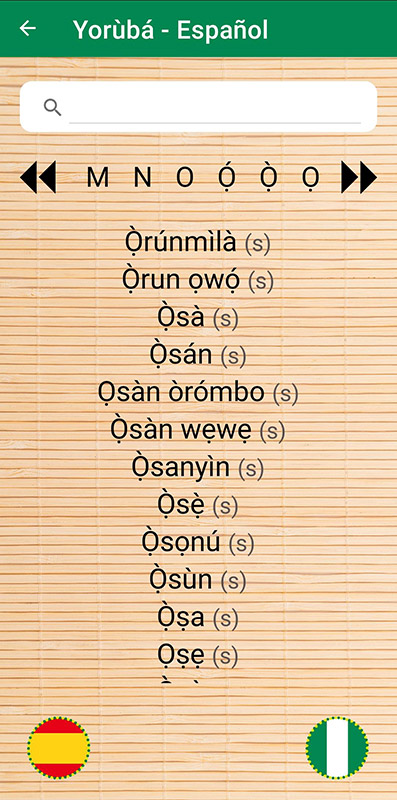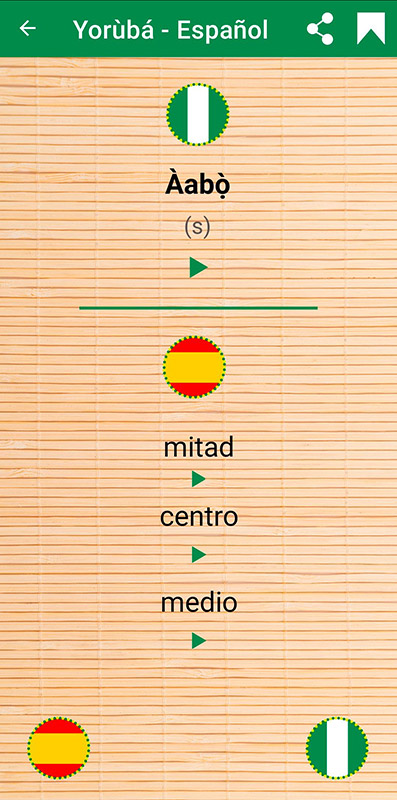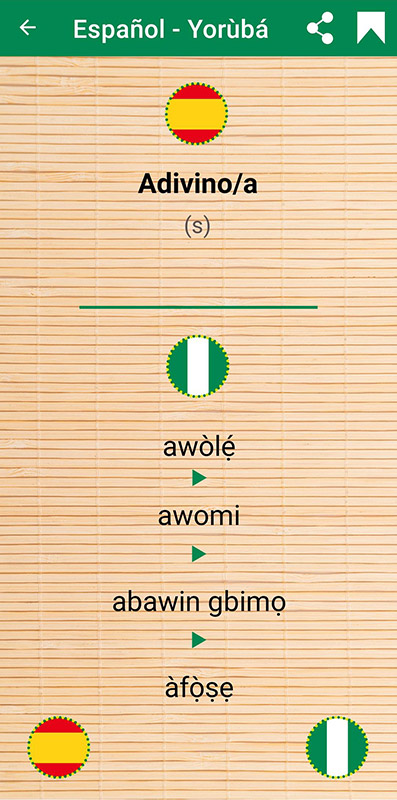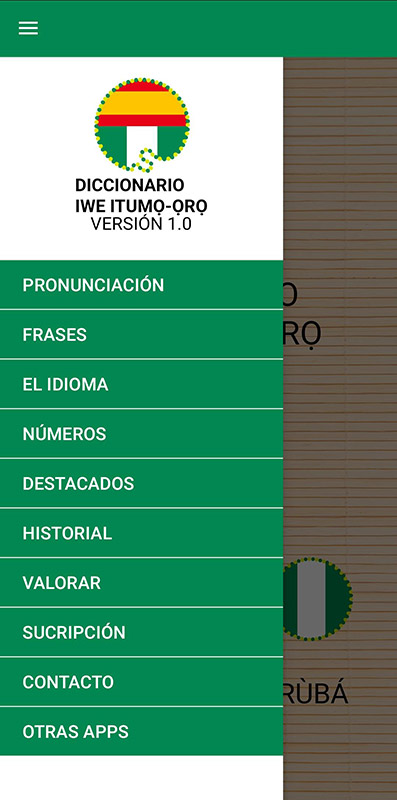App Spanish Yorùba Dictionary
The dictionary has more than 30,000 words translated and corrected from Spanish to Yorùbá and from Yorùbá to Spanish, by native speakers of both languages. We have taken into account the original punctuation marks of each language to show a reliable translation, which has been supervised by teachers whose native language is Yorùbá.
This dictionary will help you in the study of both languages, and will be especially useful for Ifá Òrìshà practitioners. It also contains: the Yorùbá alphabet and pronunciation examples, useful phrases, numbers, search history, and the ability to share and save your favorite words as highlights.
In addition you will be able to listen to the correct pronunciation of the words pronounced by native Yorùbás.
Currently the Yorùbá Spanish Dictionary development team continues the research and study in order to add new words to the application’s database.
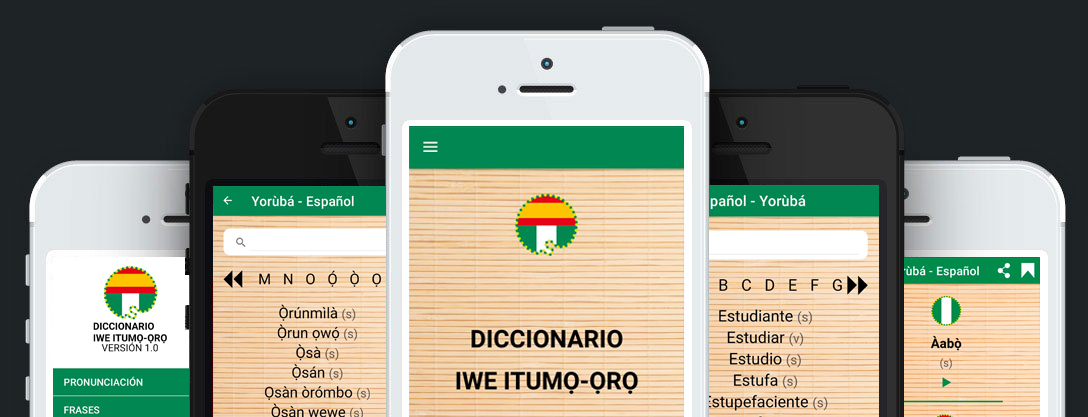
App Features
6 reasons for using the Dictionary Spanish Yorùbá App
First Online Dictionary
Spanish Yorùbá Dictionary
Corrected by various native Yorùbá speakers from Nigeria.More than 30.000 words
Spanish Yorùbá - Yorùbá Spanish
We have added even old words that have fallen into disuse.
Punctuation marks
Original language
Accurate punctuation marks corrected by teachers whose mother tongue is Yorùbá.Numbers in Yorùbá
Numbers
The correct way to write and pronounce them.
The most common phrases
Expressions
A list of phrases that are used the most in everyday life, and their correct pronunciation.
Yorùbá native voice
voice
The voice of the Yorùbá words have been provided by native speakers from Nigeria.
Different sections
A journey through Yorùbá language and its characteristics. In the Spanish – Yorùbá, Yorùbá – Spanish Dictionary App, you will find different sections, such as:
Èdè Yorùbá – Yorùbá Language
Yorùbá language is a dialect continuum from West Africa. As such, it is part of the Benué-Congo languages. Although it is mainly spoken in Nigeria, as one of the official languages of the country, it is also part of the native languages in countries such as Benin and Togo. We can also find a small number of Yorubas in Sierra Leone. Outside the African continent, we can find Yorùbá speakers in Cuba, Brazil, Puerto Rico and the United States, as well as in Trinidad and Tobago, among other Latin American countries, where the language is fundamentally used as a ceremonial language, as a result of the practice of Ifismo, a religion from Yorùbá lands.
The native name is èdè Yorùbá which means Yoruba language and has about 80 million speakers around the world. It is considered one of the most important languages of Africa.
The term Yorùbá is used for the standardized and written form of the language.
Yorùbá language is a dialect continuum from West Africa. As such, it is part of the Benué-Congo languages. Although it is mainly spoken in Nigeria, as one of the official languages of the country, it is also part of the native languages in countries such as Benin and Togo. We can also find a small number of Yorubas in Sierra Leone. Outside the African continent, we can find Yorùbá speakers in Cuba, Brazil, Puerto Rico and the United States, as well as in Trinidad and Tobago, among other Latin American countries, where the language is fundamentally used as a ceremonial language, as a result of the practice of Ifismo, a religion from Yorùbá lands.
The native name is èdè Yorùbá which means Yoruba language and has about 80 million speakers around the world. It is considered one of the most important languages of Africa.
The term Yorùbá is used for the standardized and written form of the language.
The first Yorùbá dictionary
In 1819 on the Ashanti Empire, nowadays known as Ghana, a paper on the Yorùbá dialect was published for the first time. This paper consisted of a small vocabulary made by Thomas Edward Bowdich, a British diplomat who was living in the Ashanti empire.
However, it was not until a few years later that Samuel Crowther, a freed slave who had received formal education and was a Yorùbá speaker, took on the task of publishing the first Yorùbá grammar. Samuel settled in Abeokuta, now the state of Ogun. The first dictionary of the Yorùbá language was published in 1843 by Samuel Crowther. Later, in 1852, a new edition of the corrected and expanded work was published. This book served as a guide for many years for the study of Yorùbá language. Later in 1911 an English – Yorùbá Dictionary was published, supervised by Reverend. E.J. Ṣowande.
In 1819 on the Ashanti Empire, nowadays known as Ghana, a paper on the Yorùbá dialect was published for the first time. This paper consisted of a small vocabulary made by Thomas Edward Bowdich, a British diplomat who was living in the Ashanti empire.
However, it was not until a few years later that Samuel Crowther, a freed slave who had received formal education and was a Yorùbá speaker, took on the task of publishing the first Yorùbá grammar. Samuel settled in Abeokuta, now the state of Ogun. The first dictionary of the Yorùbá language was published in 1843 by Samuel Crowther. Later, in 1852, a new edition of the corrected and expanded work was published. This book served as a guide for many years for the study of Yorùbá language. Later in 1911 an English – Yorùbá Dictionary was published, supervised by Reverend. E.J. Ṣowande.
Screen shots
A tour through the Spanish Yorùbá dictionary.
Why have we created this App?
Since I began studying Ifá – Òrìṣà I realized the need to understand Yorùbá language as a fundamental part of learning the culture that was bequeathed to us in the past.
The reliable documentation that can be found in Spanish is quite scarce, since in most of the brochures or photocopied books that pass from hand to hand, the correct spelling or punctuation marks of the words are not respected, and that can change their meaning completely, with only a small variation of the tildes, or in the diacritical accents. We took on the task of developing this dictionary to help all those interested in learning Yorùbá. It will be especially useful for Ifá – Òrìṣà practitioners, since it will provide them with the true meaning of the words as well as their correct pronunciation. In this sense we have sought the support of people whose mother tongue was Yorùbá language, so we can listen to the words with the correct pronunciation, something extremely important in the ceremonial liturgy of Ifá – Òrìṣà.
Currently, the Emeyé Apps development team continues with the research and correction work to provide the Spanish Yorùbá – Yorùbá Spanish Dictionary App with the largest database of words in the Yorùbá language.
Erick Mora Babalawo practitioner of Ifá philosophy – Òrìṣà
Bibliography consulted
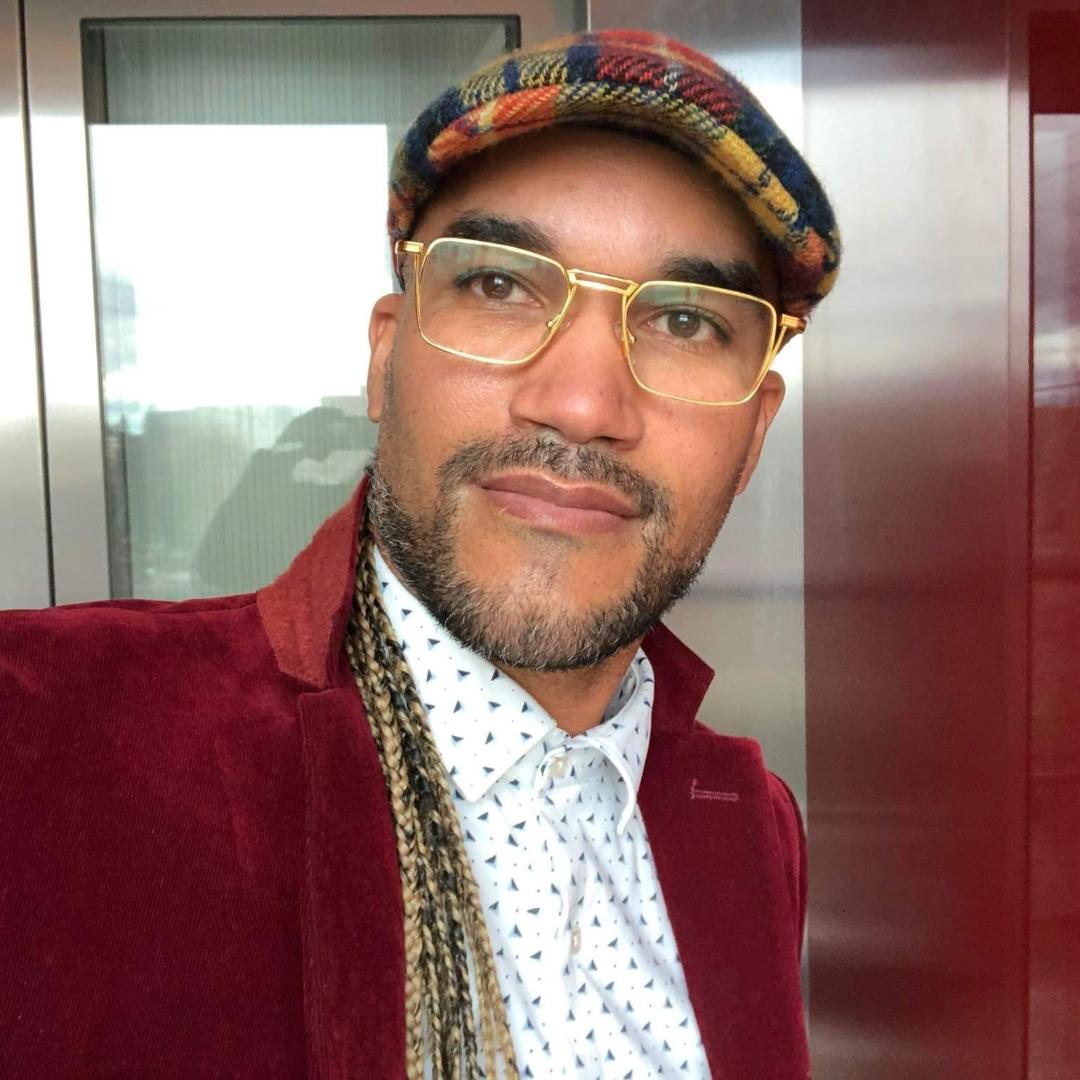
Emeyé Apps team
Erick Mora Carbó
App designer, Graphic designer and Web developer.
Babalawo. Cuba-Spain.
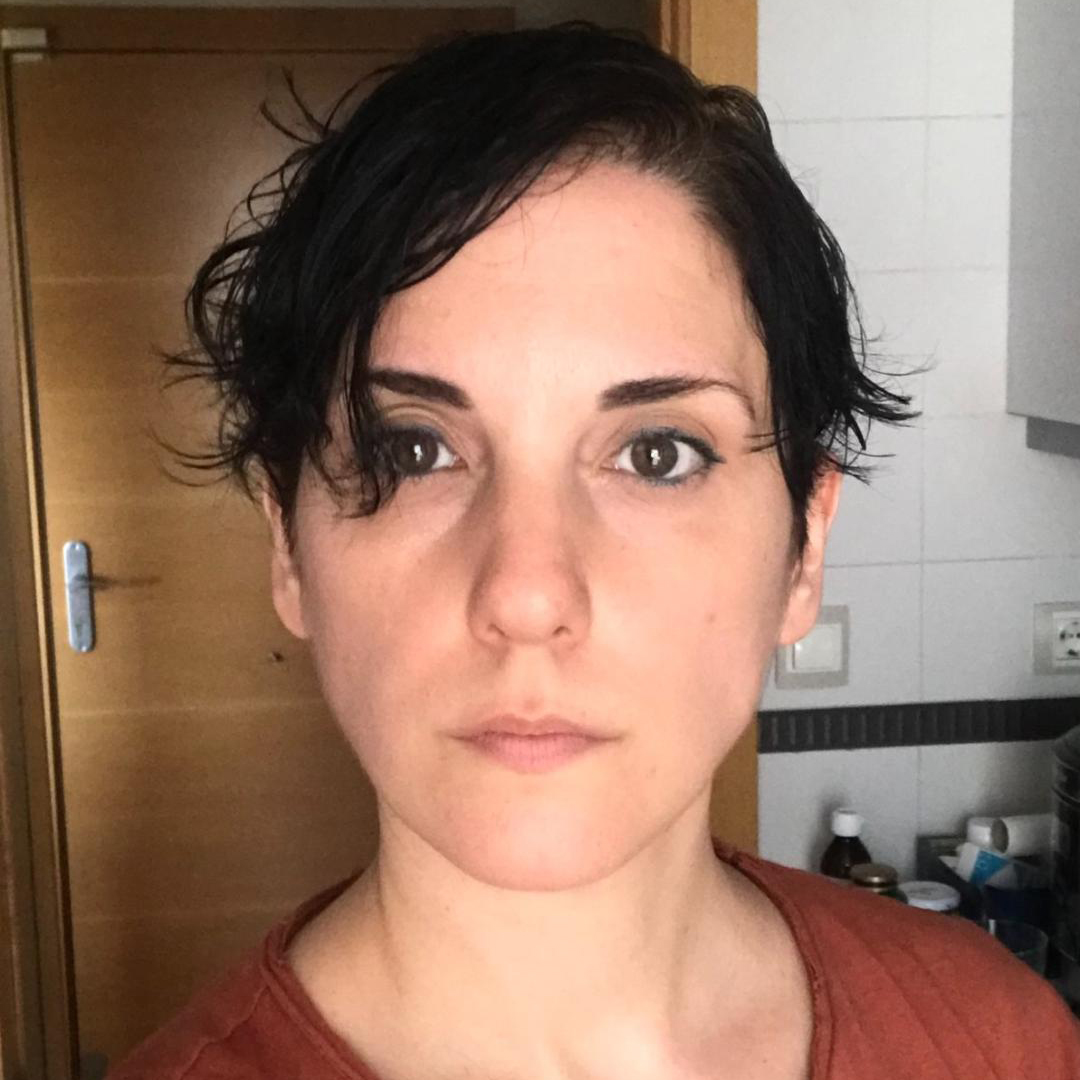
Rosalía López Aboal
Programmer, Database management. Spain.
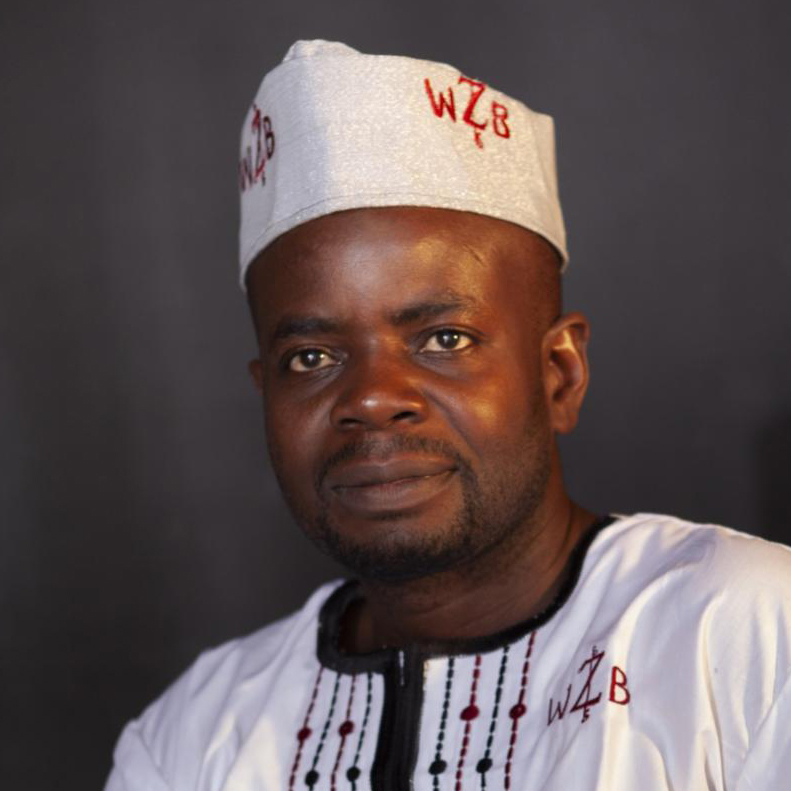
Abiodun Samuel Adebowale
Adviser in Yorùbá content.
Ilésà – Òsun, Nigeria.
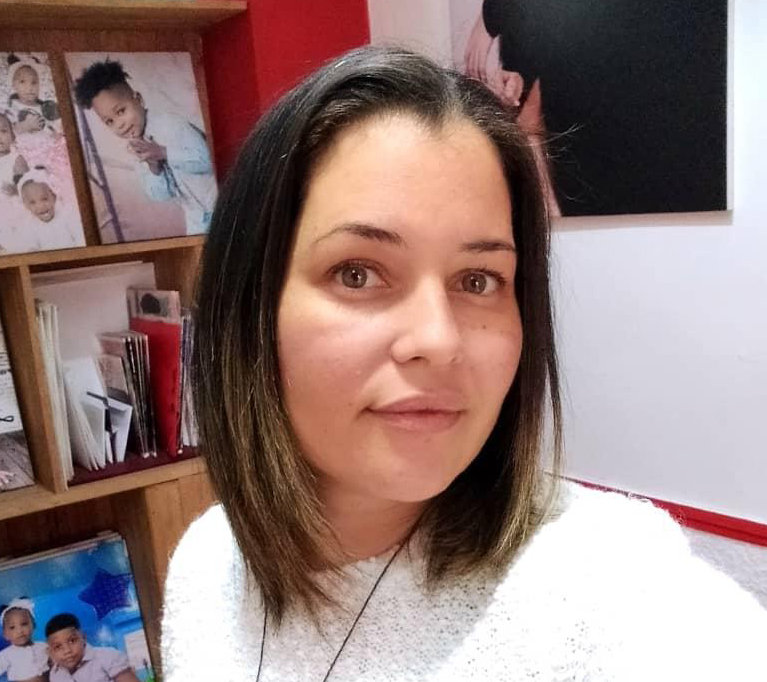
Yilian Loreta Berguery Ricardo
Media editing.
Cuba.
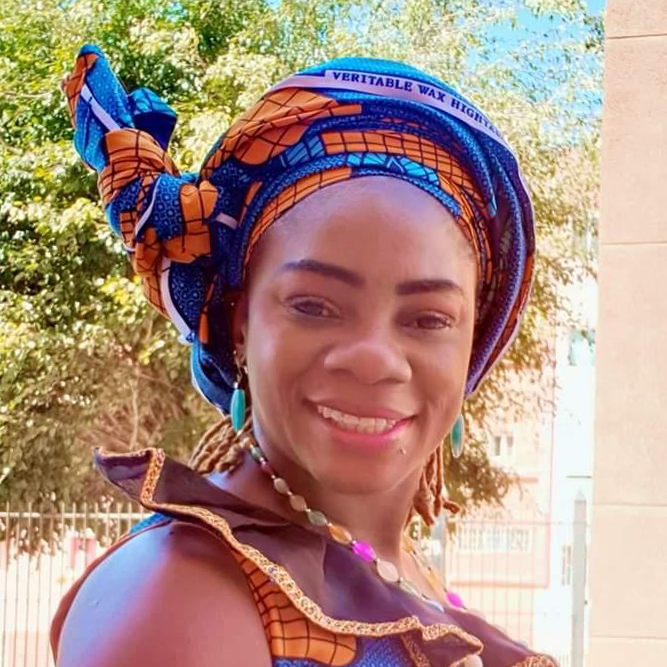
Oluwakemi Linda Adeolu
Yorùbá teacher. App voice.
Ado, Ekiti. Nigeria
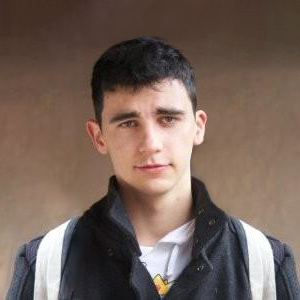
Juan Jesus Cilla Ugarte
Software developer.
Spain.
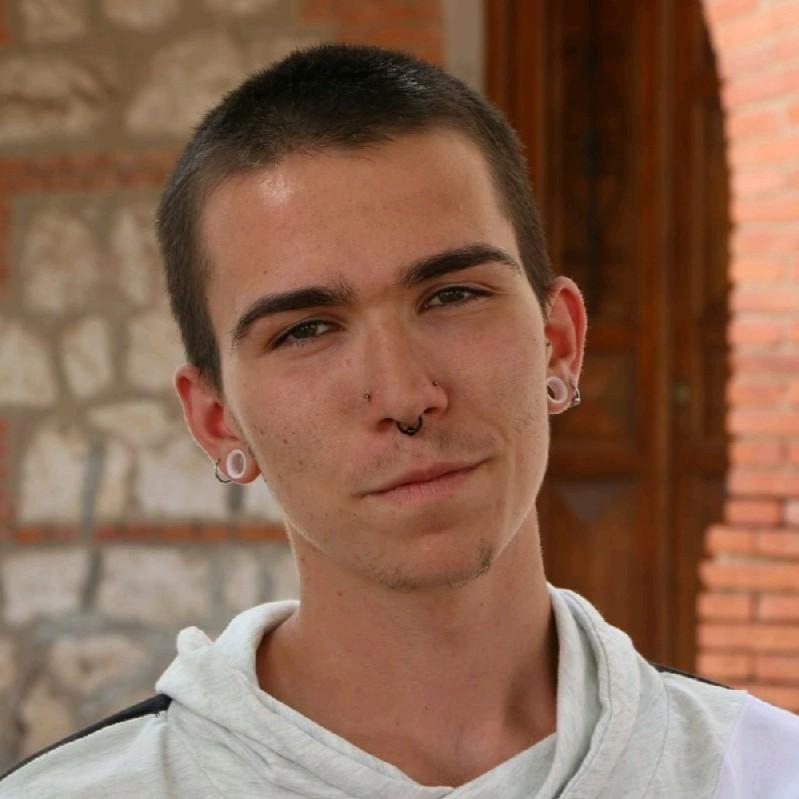
Cristian Perez Corral
Software developer.
Spain
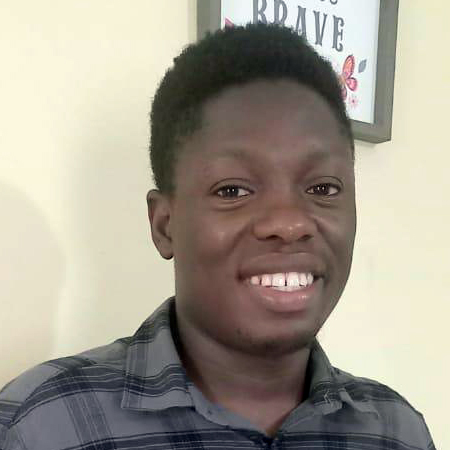
Emmanuel Mesole
Yorùbá teacher.
Content adviser.
Ikosi- Ketu, Lagos, Nigeria.
